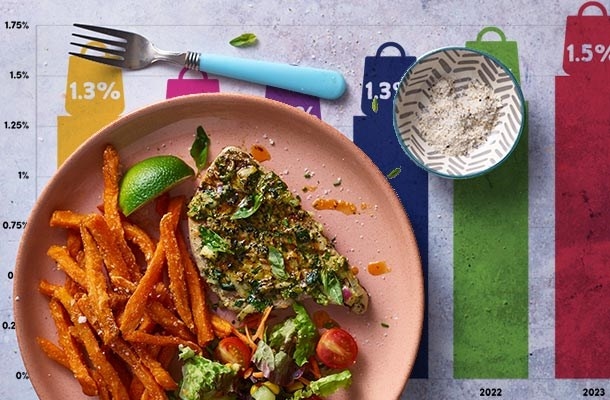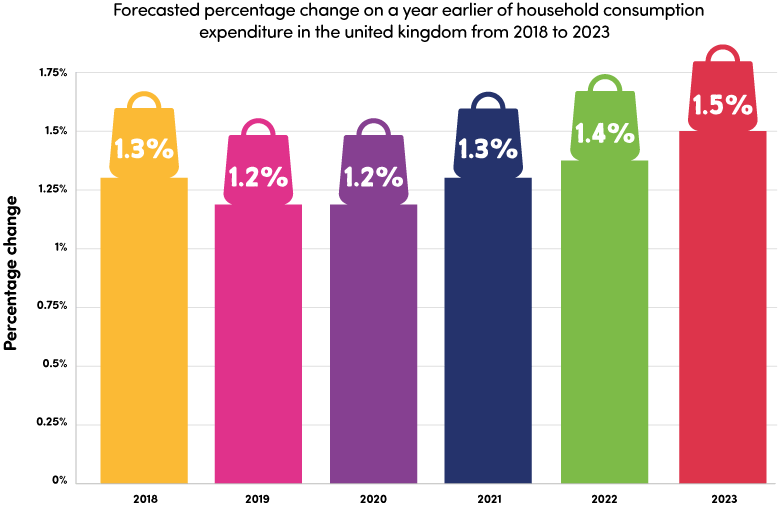
2020 UK Food and Beverage Industry
This article is the latest extract from Aviko’s 2020 Food Trends Report and looks at the impacts of consumer confidence, Brexit and household expenditure on the UK Food and Beverage Industry. Get the full report emailed to you by filling in the form.
Is consumer confidence affecting people's dining out behaviour?
You bet it is, not just that, practically every industry out there, aside from the people who can afford to buy islands. I think we can all agree that the uncertainty surrounding Brexit and the many elections we've faced over the past few years have left the general public in a state of limbo.
According to GFK, the fourth largest market research organisation is the world, consumer confidence has flatlined amid uncertainty over domestic policy, namely the B word, yes Brexit.
What are the challenges of Brexit for the Food and Beverage Industry?
Let's look at the economy as a whole first. PWC has forecast a modest 1.3% economic growth in the UK in 2020 which is down when compared to the long-term trend rate of around 2%. However, the consultancy company has based these projections on the assumption that a Brexit deal is eventually agreed that will lead to an orderly exit from the EU. It says risks are weighted to the downside due to the possibility of a more disorderly Brexit.

What would no-deal mean?
A no-deal Brexit could have a significant impact upon restaurants. The Government's Yellowhammer Report makes it clear that supply chains, particularly of fresh fruit and vegetables, could be severely disrupted.
Restaurant staff shortages?
A survey by Propel and Fourth Analytics revealed that 43% of workers in the UK restaurant, quick-service restaurant (QSR), hotel and pub sectors are foreign nationals. The numbers spike dramatically for restaurants, in which 57% of workers originate from outside of the UK. They fill 51% in front-of-house roles and 71% of kitchen and back-of-house roles.

An end to freedom of movement is expected to hit the hospitality industry particularly hard.
The Good News
Howard Archer, Chief Economic Advisor to the EY Item Club believes, "…personal finances and a willingness to spend generally held up much better than views of the economy."
Household expenditure is still forecast to rise, as this graph highlights.

With no more elections for the foreseeable future and Brexit sorted (surely), consumer confidence will improve as a large grey area is removed from the public's psyche. Plus, if the Government doesn't renege on their promises to reduce business rates and provide tax breaks, the outlook could look a lot rosier for the Food and Beverage Industry.
Interested in finding out more? sign up to our newsletter here